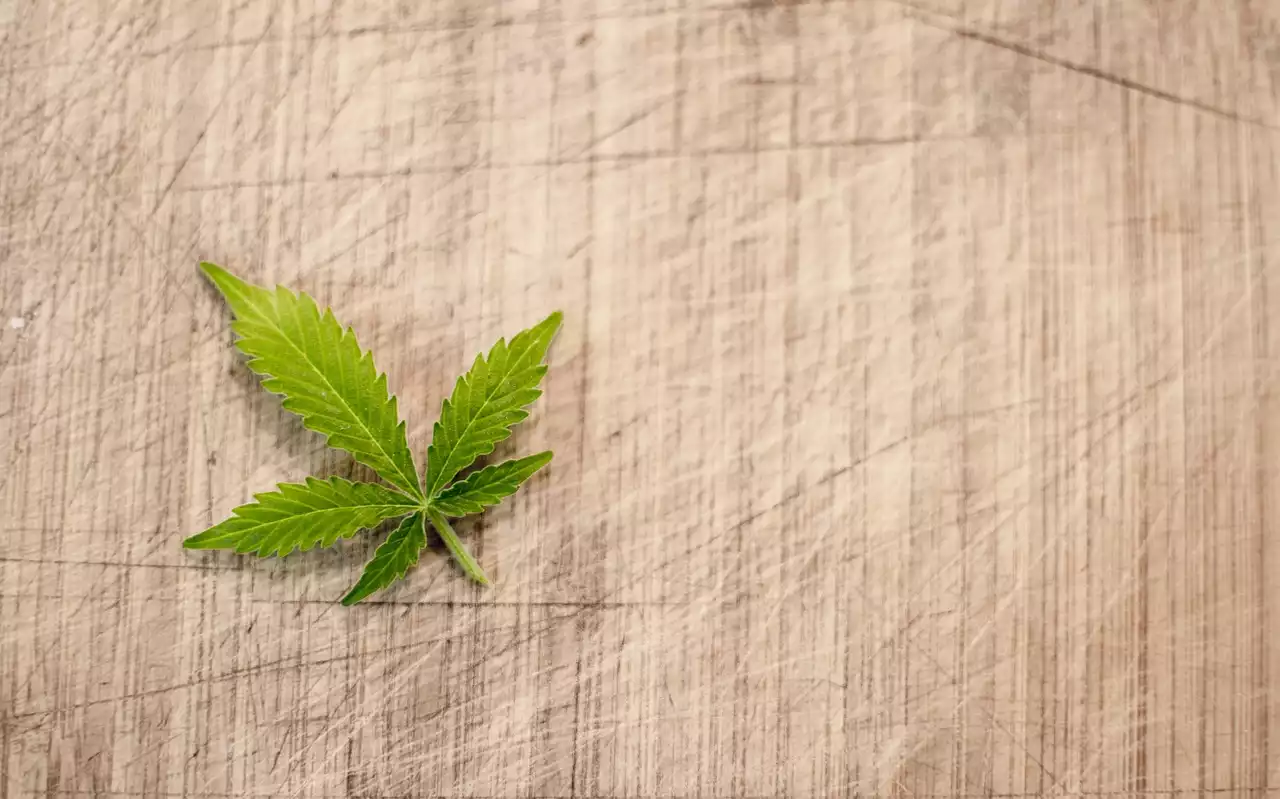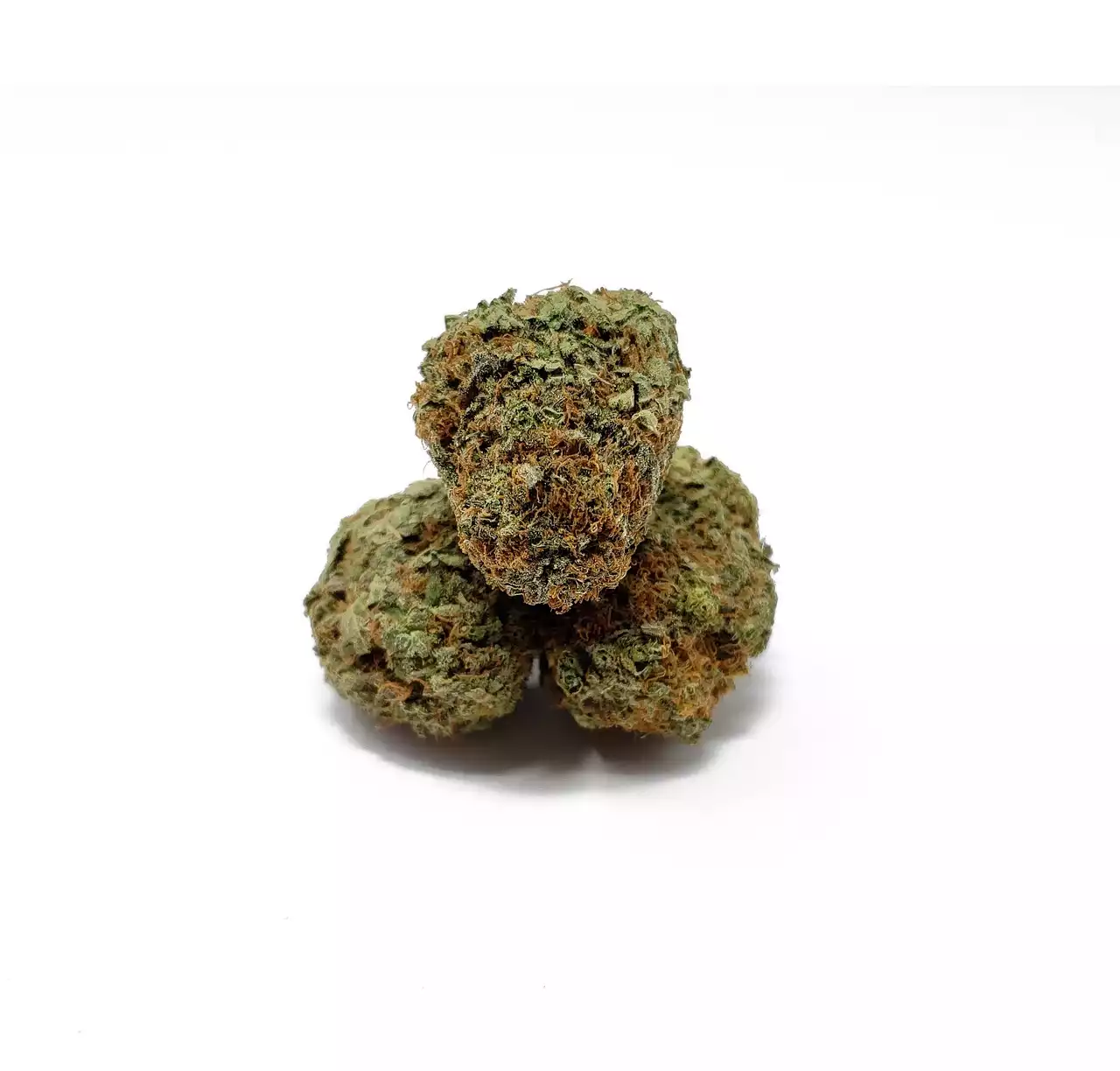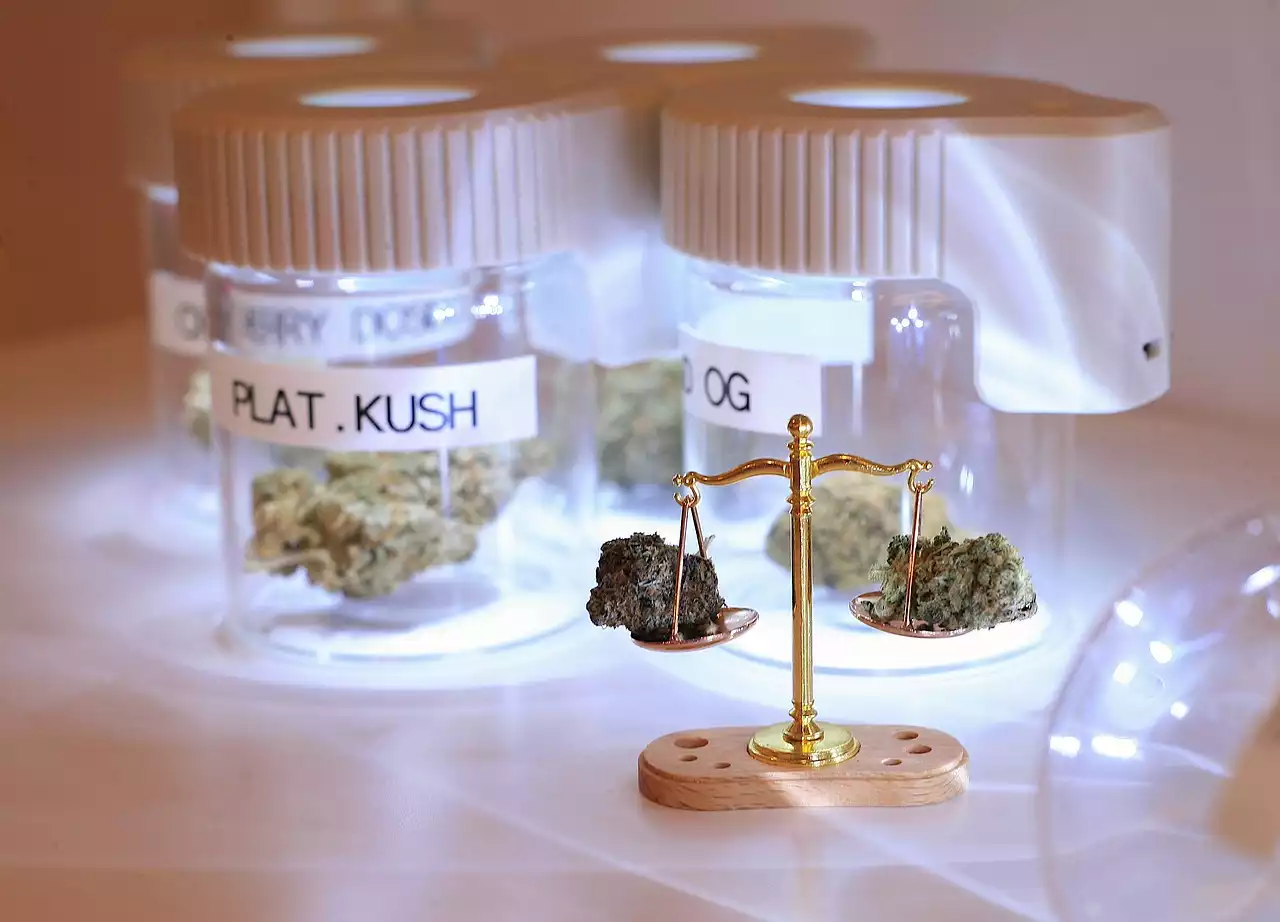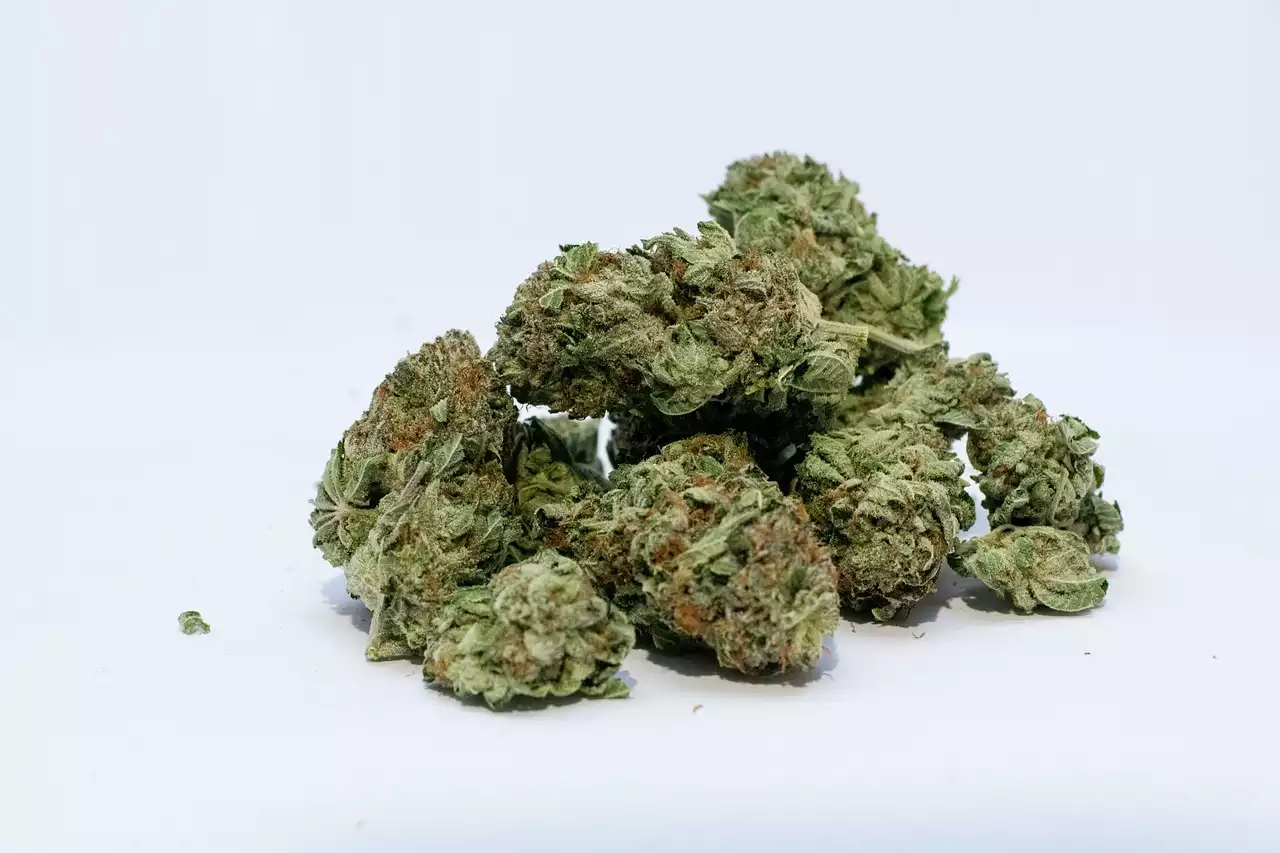Overview of marijuana laws in Florida
Florida's marijuana laws have evolved significantly over the years. Initially, the state had strict regulations when it came to marijuana use, but in 2016, Florida voters approved the use of medical marijuana. This marked a turning point in the state's approach to cannabis.
In the present day, medical marijuana is legal in Florida for patients with qualifying conditions. However, recreational marijuana remains illegal. The possession, sale, and cultivation of marijuana for non-medical purposes are still considered criminal offenses.
While medical marijuana is legal, it is important to note that there are strict guidelines and regulations in place. Patients must obtain a medical marijuana card and purchase their cannabis products from licensed dispensaries. The use of medical marijuana is only permitted for specific medical conditions, such as cancer, epilepsy, glaucoma, and chronic pain.
Florida's marijuana laws continue to evolve, with ongoing discussions about potential recreational legalization. It is crucial for residents and visitors to stay informed about the latest updates and regulations to ensure compliance with the law. Let's dive deeper into the specifics of medical and recreational marijuana in Florida.
Medical marijuana in Florida
Florida's medical marijuana program offers patients with qualifying conditions access to cannabis products for therapeutic purposes. To become eligible, patients must have a qualifying medical condition, such as Parkinson's disease, multiple sclerosis, or post-traumatic stress disorder.
Once approved, patients must visit a licensed medical marijuana doctor to receive a recommendation for medical marijuana use. With this recommendation, they can apply for a medical marijuana card, which allows them to purchase cannabis products from licensed dispensaries.
Medical marijuana products in Florida come in various forms, including oils, tinctures, capsules, and vaporizers. Patients have the option to choose products that suit their needs and preferences. However, it is important to note that smoking marijuana is still prohibited under Florida law.
Recreational marijuana in Florida
While medical marijuana is legal in Florida, recreational use is not. Possessing, selling, or cultivating marijuana for non-medical purposes is considered a criminal offense. If caught with marijuana for recreational use, individuals can face fines, probation, and even imprisonment, depending on the quantity involved.
Despite the current restrictions, there is a growing movement advocating for the legalization of recreational marijuana in Florida. Proponents argue that it would generate tax revenue, create job opportunities, and reduce the burden on the criminal justice system. However, opponents raise concerns about potential health risks and the impact on public safety.
It is important to remember that until recreational marijuana is legalized in Florida, individuals should refrain from using or possessing cannabis for non-medical purposes. Staying informed about the state's marijuana laws is crucial to avoid legal consequences.
The history of marijuana laws in Florida
Understanding the history of marijuana laws in Florida provides valuable context for the current regulations. In the early 1900s, Florida, like many other states, began implementing strict laws against marijuana. The state classified cannabis as a controlled substance, making it illegal for any purpose.
In the 1970s, there was a push for decriminalization, but it wasn't until 2016 that significant changes occurred. That year, Florida voters approved Amendment 2, which legalized medical marijuana for patients with qualifying conditions. This marked a major milestone in the state's approach to cannabis.
Since the passing of Amendment 2, Florida's medical marijuana program has expanded, allowing more patients to access cannabis products for therapeutic purposes. The state continues to refine its regulations and address challenges that arise along the way.
Florida's marijuana legalization efforts
While medical marijuana is now legal in Florida, the push for recreational legalization continues. Over the years, various organizations and advocacy groups have campaigned for the legalization of recreational marijuana. These efforts have gained traction, with polls showing increasing support among Floridians.
In 2020, a campaign called "Make It Legal Florida" aimed to gather enough signatures to place a recreational marijuana legalization initiative on the state's ballot. However, due to the COVID-19 pandemic, the campaign fell short of the required number of signatures.
Despite this setback, the conversation around recreational marijuana legalization in Florida is far from over. It is anticipated that there will be continued efforts to bring the issue to the forefront and potentially legalize recreational cannabis in the future. It's important for residents to stay engaged and informed about these developments.
The impact of marijuana laws on individuals and communities
Marijuana laws have a significant impact on individuals and communities in Florida. The legalization of medical marijuana has provided relief to patients suffering from various medical conditions, allowing them to access alternative treatments.
However, the restrictions on recreational marijuana can have negative consequences. Individuals caught with small amounts of marijuana for personal use may face legal repercussions, leading to fines, probation, or even imprisonment. These consequences disproportionately affect marginalized communities and can perpetuate the cycle of inequality within the criminal justice system.
Additionally, marijuana laws can also impact the economy. States that have legalized recreational marijuana have seen an increase in tax revenue and job opportunities within the cannabis industry. By legalizing recreational marijuana, Florida could potentially experience similar benefits, contributing to the state's overall economic growth.
Challenges and controversies surrounding Florida's marijuana laws
Florida's marijuana laws are not without their challenges and controversies. One of the main concerns is the potential for abuse and diversion of medical marijuana. Critics argue that the system can be exploited, allowing individuals without legitimate medical needs to access cannabis products.
There is also ongoing debate regarding the use of marijuana for specific medical conditions. While some studies suggest that cannabis can be beneficial for certain conditions, others argue that more research is needed to fully understand its potential benefits and risks.
Furthermore, the disparities in access to medical marijuana have raised concerns. Some patients may face barriers in obtaining medical marijuana cards or accessing dispensaries, particularly in rural areas. Addressing these disparities and ensuring equitable access to medical marijuana remains a priority for advocates and policymakers.
Understanding the legal consequences of marijuana possession in Florida
It is essential to understand the legal consequences of marijuana possession in Florida to avoid unnecessary legal trouble. Possessing small amounts of marijuana for personal use is considered a misdemeanor offense. The penalties for possession can include fines, probation, and even imprisonment, depending on the quantity involved.
Individuals found in possession of larger quantities of marijuana may face more severe charges, such as possession with intent to distribute or trafficking. These offenses carry much harsher penalties, including lengthy prison sentences and substantial fines.
It is crucial to note that the consequences for marijuana-related offenses vary depending on the specific circumstances and the individual's criminal history. Consulting with a knowledgeable attorney can provide individuals with a better understanding of their rights and potential legal defenses.
Resources for staying informed about Florida's marijuana laws
Staying informed about Florida's marijuana laws is key to understanding the ever-changing landscape. Various resources can help individuals stay up to date with the latest regulations, developments, and advocacy efforts:
1. Florida Department of Health
The official website for the Florida Department of Health provides information about the state's medical marijuana program, including qualifying conditions, application processes, and licensed dispensaries.
2. Florida's Office of Medical Marijuana Use
The Office of Medical Marijuana Use oversees the state's medical marijuana program. Their website offers comprehensive information, including patient and physician resources, legislative updates, and frequently asked questions.
3. Local news outlets
Following local news outlets can provide valuable information on marijuana-related developments and legislative updates specific to your area.
4. Advocacy organizations
Organizations such as NORML (National Organization for the Reform of Marijuana Laws) and the Marijuana Policy Project advocate for marijuana law reform. Their websites offer information on current legislation, advocacy efforts, and ways to get involved.
The future of marijuana laws in Florida
Florida's marijuana laws continue to evolve, reflecting changing attitudes and societal norms surrounding cannabis. While medical marijuana is now legal for qualifying patients, recreational use remains illegal. However, there is growing support for recreational legalization, with ongoing efforts to gather support and bring the issue to the forefront.
Understanding the intricacies of Florida's marijuana laws is crucial for residents, tourists, and anyone interested in staying informed. By keeping up with the latest regulations, individuals can ensure compliance with the law and avoid unnecessary legal trouble.
As Florida's marijuana landscape continues to shift, it is essential to stay engaged, advocate for change, and support organizations working towards marijuana law reform. By doing so, we can contribute to a more equitable and informed approach to cannabis regulation in the Sunshine State.
Remember, knowledge is power, and staying informed is the first step towards effecting positive change. Let's continue to explore and navigate Florida's fuzzy marijuana laws together.













